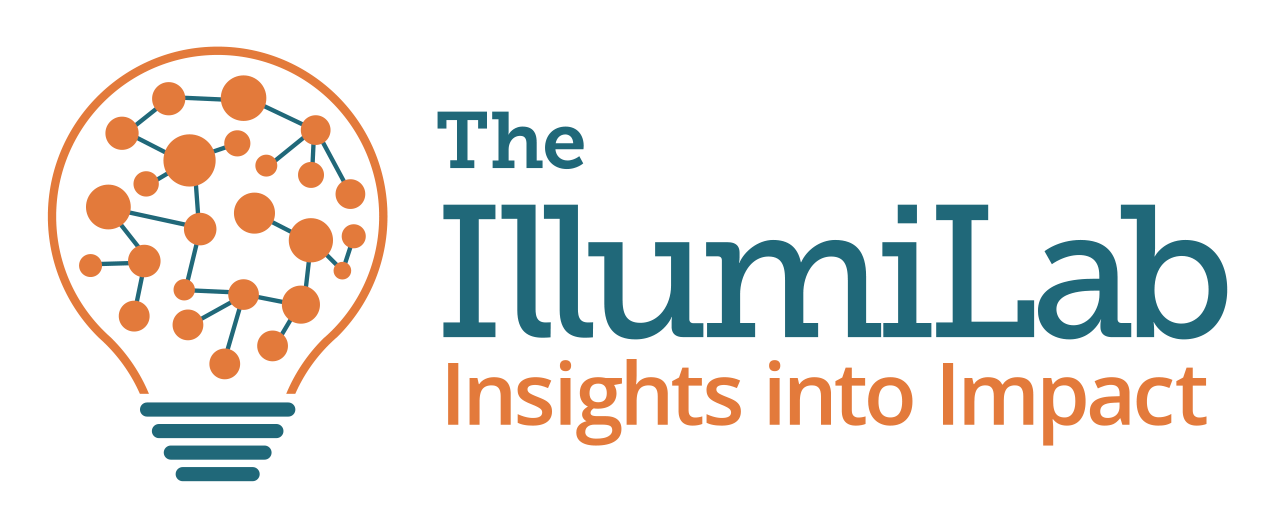Setting Goals: Starting with the End in Mind
Evaluation, performance management, project management, and quality improvement (everything I do) all have at least one thing in common. They start with the end in mind, articulating goals. Before anything else, they ask what the end game is. For example: Evaluation – What do you want to learn from this evaluation? How do you want[…]
